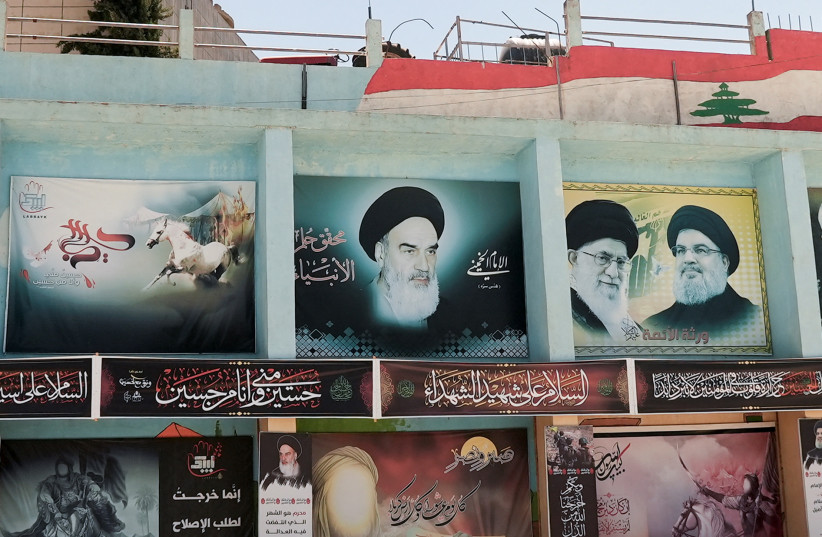Hashim Safiuddin, head of Hezbollah’s Executive Council, was interviewed this week by Iran’s pro-regime Tasnim News Agency about his general assessment of the region, while Iranian media broadcasted a meeting between the Iranian supreme leader and Islamic Jihad members.
Taken together, this shows how Iran is utilizing its proxies and considering its next moves.
In general, the Iranian assessment appears to be that Israeli conflicts confined to the Gaza Strip do not bring results, although the Iranians did praise Islamic Jihad for its recent fight against Israel. Iran’s ultimate goal is to stoke tensions in the West Bank, and it is constantly monitoring the clashes in Nablus, Jenin and other incidents closely.
Iran's perception of Israel
Despite evidence of Israel’s obvious strength, such as its defense exports and increased support for the Abraham Accords in the US, Iran believes the situation is changing in its favor.
The long Tasnim interview used a common Iranian technique of quoting what is said in Israeli or foreign media to reaffirm its own views. In this case, that included claiming that Hezbollah has trained 8,000 fighters who can “cross the border and occupy an Israeli town within a few hours.”

In the next conflict, Hezbollah intends to attack Israel and “enter the occupied territories,” Safiuddin said in the interview. That probably does not include the West Bank, but rather is more aimed at northern Israel or even Mount Dov.
Safiuddin said he believes “that one day we will enter Palestine and Jerusalem,” adding that Palestinian groups are gaining power, citing Islamic Jihad.
Clearly, Hezbollah and Iran are seeking to empower Islamic Jihad. They believe that Israel is becoming weaker internally due to political chaos.
Iran also claims that the US is declining, and that this decline means Israel will as well, because it sees the US as Israel’s key backer in the region.
Iran also believes its recent inroads in the Gulf region have resulted in a setback to the Abraham Accords, even though evidence points to the contrary.
Iran is pursuing a full-court press, involving talks with Hezbollah and Islamic Jihad, alongside stronger ties with Syria’s regime and Tehran’s outreach to South America.
